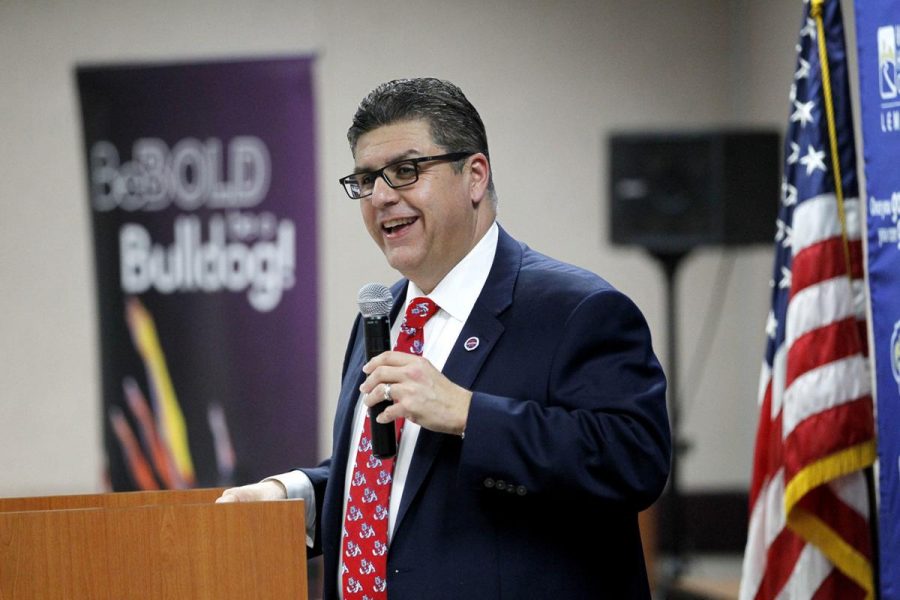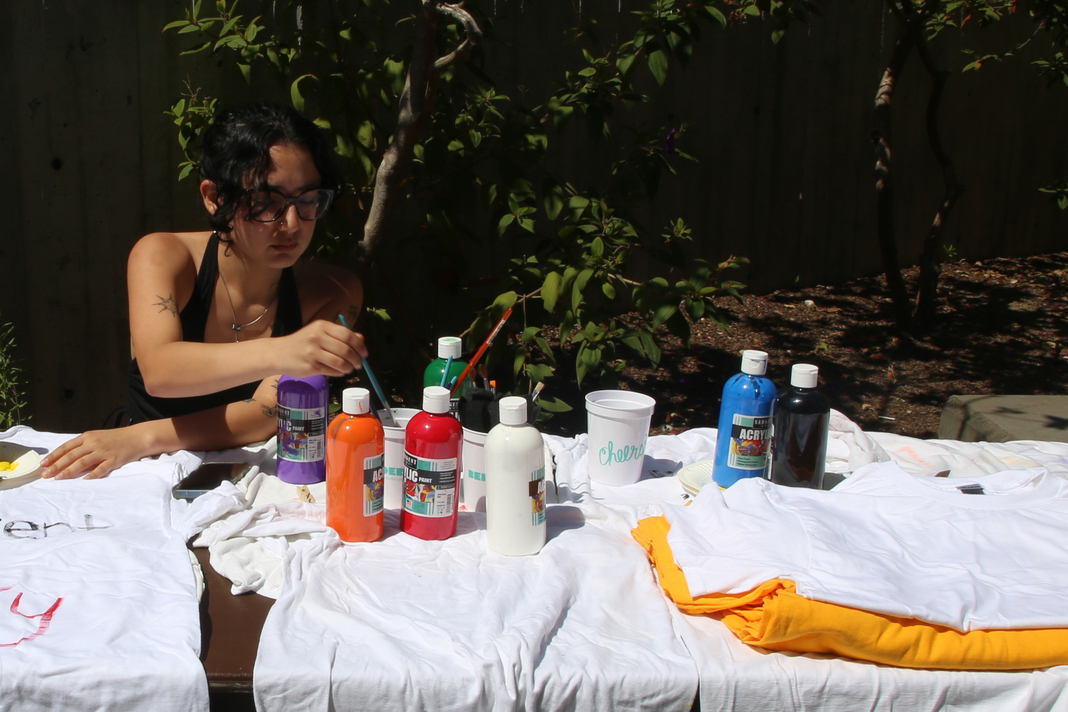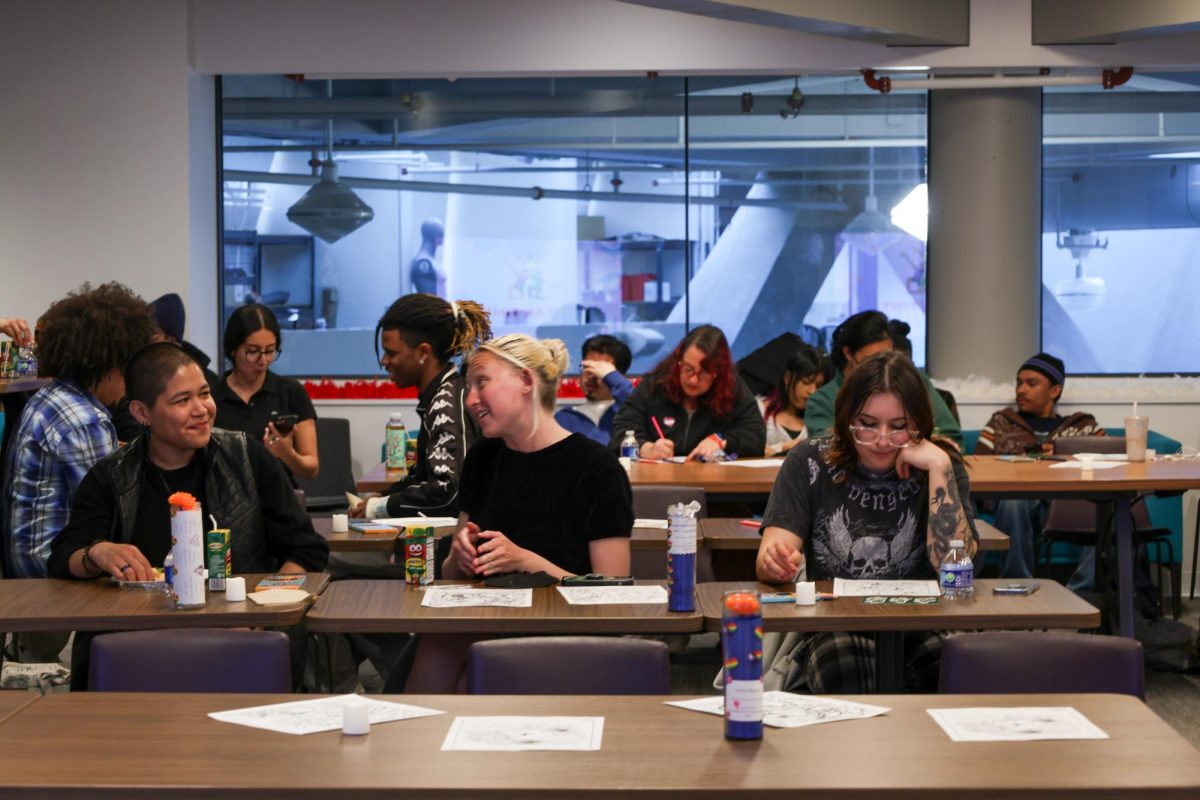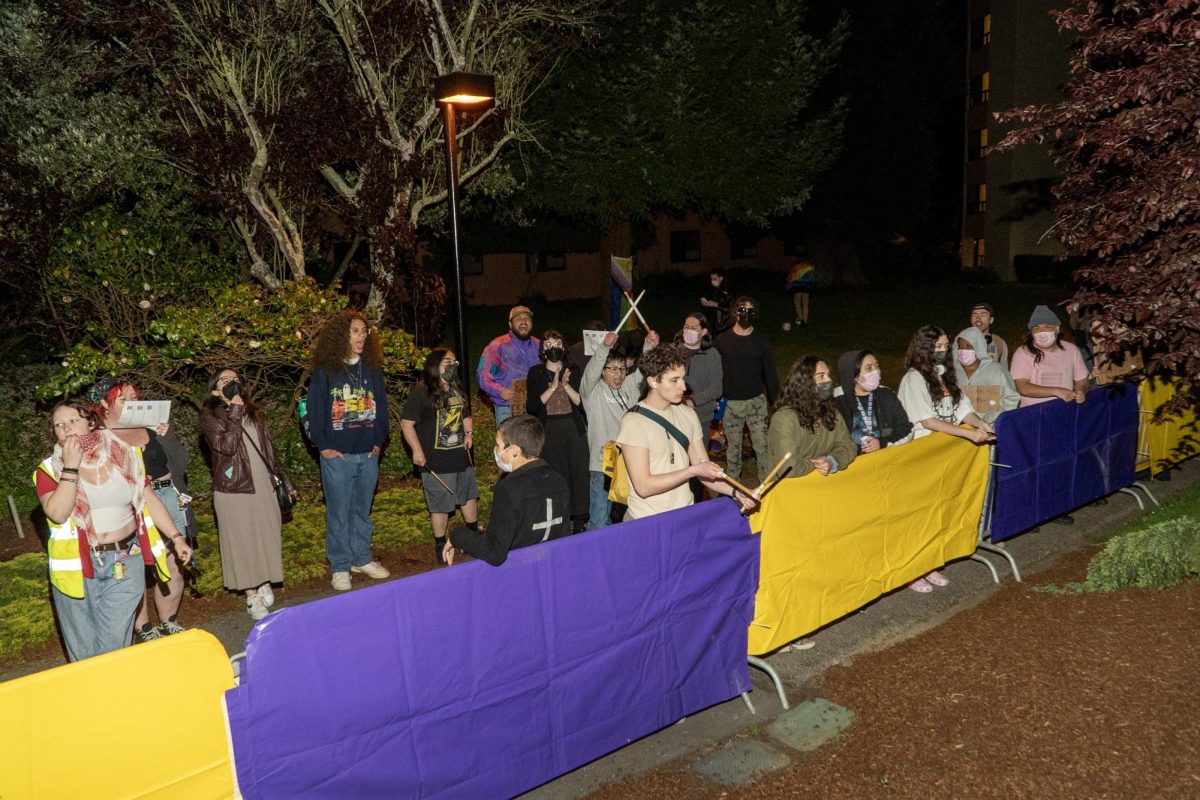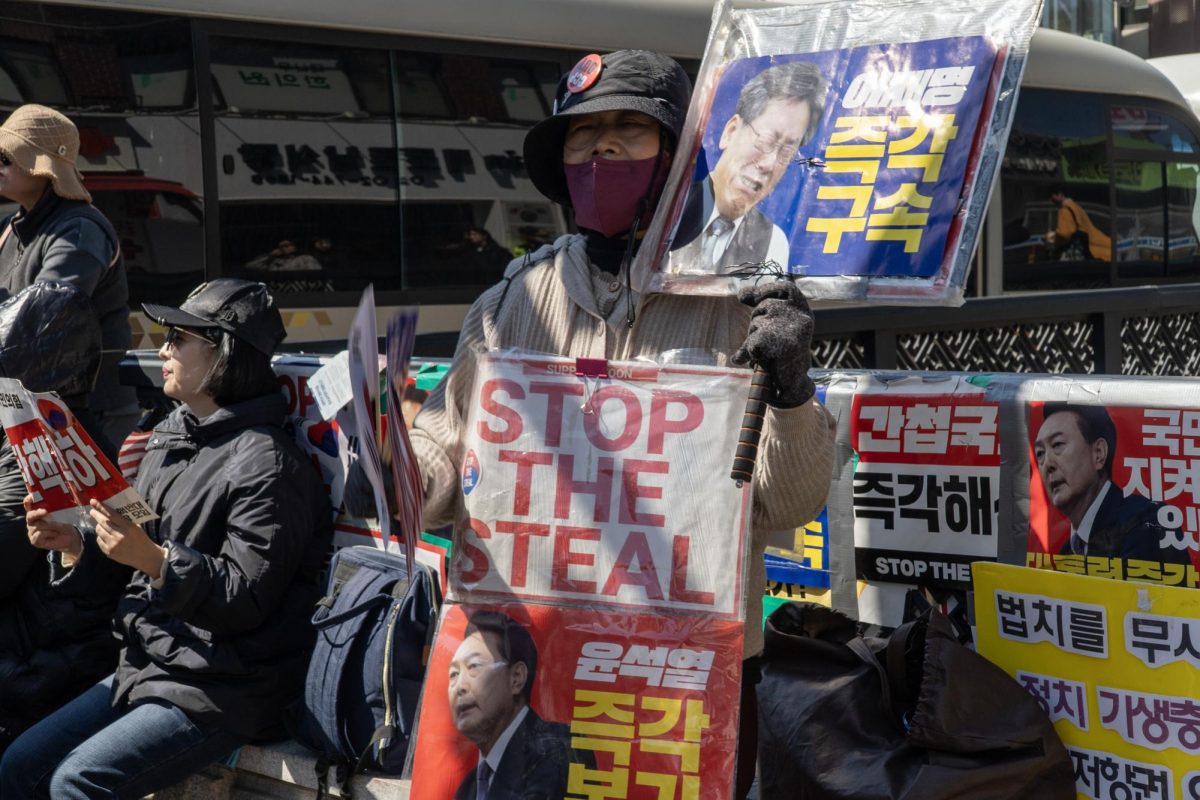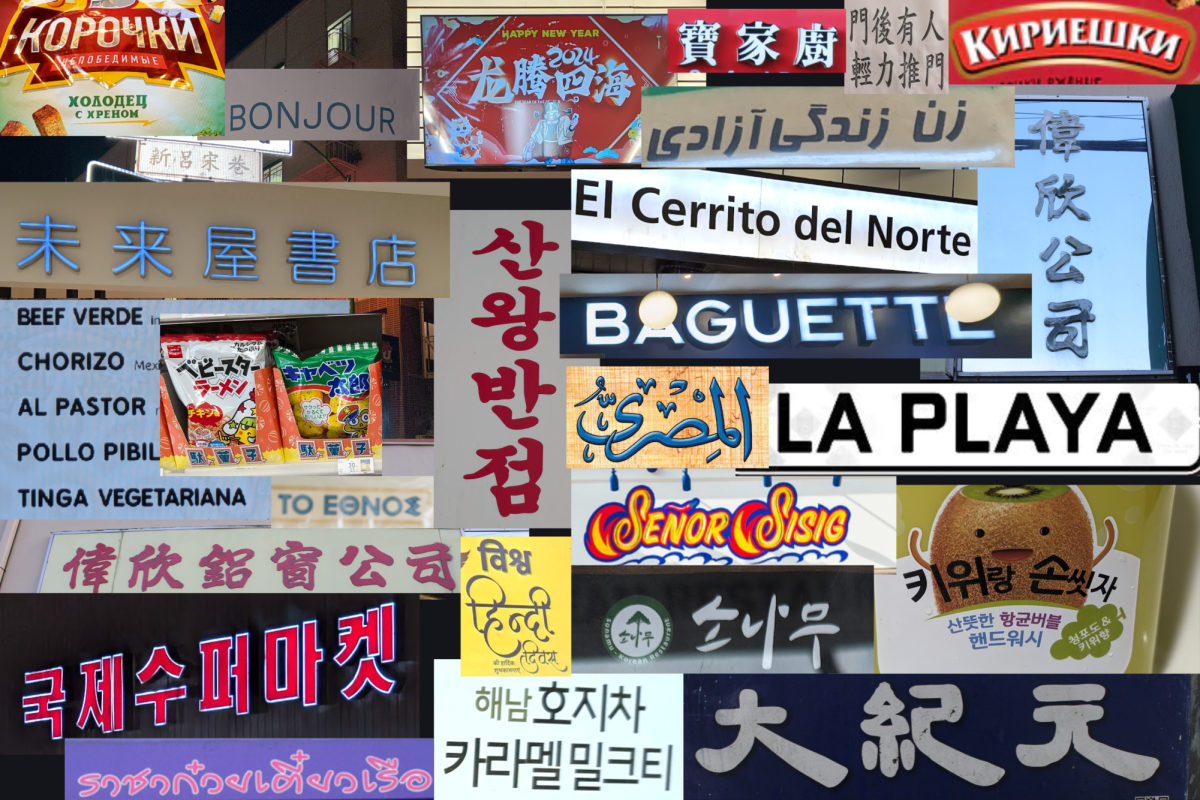The first California native and first Mexican-American CSU Chancellor, Joseph I. Castro, has been overseeing the California State University’s 23 campuses since Jan 4.
For the past month, Castro has opened up conversations about having a more diverse faculty on CSU campuses and how universities can safely bring students back to school.
“Joe Castro, I think, was the perfect choice for the CSU,” SF State President Lynn Mahoney said. “He’s had decades of success with the University of California and then incredible success for I think about seven years as the president of Fresno State.”
Mahoney mentioned Castro’s commitment to the equity issues that motivate SF State’s administration to diversify the faculty and provide students with basic needs The Graduation Initiative 2025 was planned as a way to meet those needs, as well as fast track students’ graduation, according to Mahoney.
During his first month, Castro stated that CSU would not be increasing tuition for the 2021-22 school year. Gov. Gavin Newsom’s January budget proposal includes a 3% increase in ongoing funding to the CSU, but with conditions that involve keeping the tuition rate the same.
Castro has been seated as the chancellor during a global pandemic, when most college campuses have been moved to remote learning since March 2020. However, CSU students may be returning to campus in Fall 2021 after Castro announced his plans to reopen CSUs.
Though there is a lot of talk about CSU students and faculty returning to campus, James Martel, California Faculty Association Chapter President, believes that there may not be a plan to bring students on campus safely at the moment.
“Our chapter was negotiating with the local administration all summer. But I think they just left it up to individual schools, which I don’t think is a good idea,” Martel said. “I think something like COVID needs to happen on a statewide, coordinated level.”
The CSU won’t be able to issue any directives to individual schools, according to Mahoney. However, she also stated that Castro is providing universities with experts in pandemics and public health to ensure students and faculty can return safely in the fall.
“What I’ve understood from conversations with the administration is that it’s going to be a hybrid,” Martel said. “It might change over the course of a semester in each class, or it might be some classes will be there in person the whole time.”
Castro said that he will not be extending CSU’s COVID-19 Temporary Paid Administrative Leave program through the spring term. CPAL allowed eligible CSU employees to receive a one-time allotment of up to 32 days of paid administrative leave that can be used for COVID-19-related absences. The CFA released a statement claiming that Castro did not adequately explain his decision or propose an alternative for the faculty members who have been depending on CPAL.
The CFA was alarmed by the salary increase that Castro would be receiving. Castro receives a yearly salary of $625,000, almost $150,000 more than his predecessor. Castro will also receive a monthly auto allowance of $1,000 and an annual housing allowance of $95,000.
“I think it was unfortunate he allowed for this very large salary boost,” Martel said. “It’s just a bad look when lecture faculty and staff are losing work and losing their health insurance or their families during a pandemic.”
Aside from this, Castro has been praised for voicing his opinions on, and future initiatives with campus diversity. In an interview with Monica Lozano of the College Futures Foundation, Castro stated that it was important for students to relate to their professors and advisors authentically.
“It’s extremely important, in my opinion, that our faculty become more diverse in ways where our faculty really understand our students’ lived experiences because they’ve walked similar paths,” Castro said in an interview with Monica Lozano, President and CEO of the College Futures Foundation.
Victor De La Rosa, an art professor at SF State, stated that he was excited to see how Castro plans to bring a more diverse faculty into the CSU system.
“This is the first time I’ve heard a chancellor address the need of a faculty that represents or reflects the community it serves,” De La Rosa said, “And he really spoke about the lack of diversity that we have within the CSU.”




